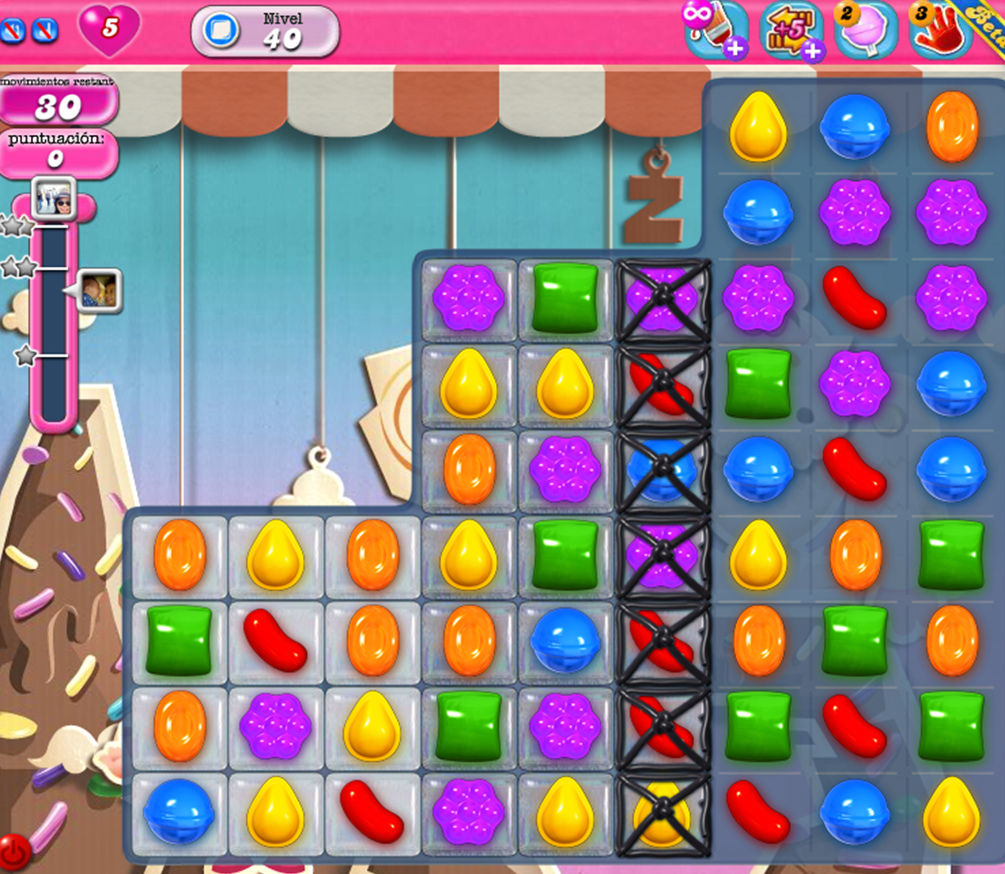Exploring Canadian Watercraft: Tips and Trends
Discover the latest in Canadian watercraft – from Lake Ontario fishing boats to kayaking in the Rockies.
Microtransactions and Gambling: A Bet You Didn't See Coming
Explore the shocking link between microtransactions and gambling. Discover why you might be losing more than just money in your favorite games!
Understanding the Link Between Microtransactions and Gambling: What You Need to Know
As the landscape of gaming continues to evolve, microtransactions have emerged as a significant revenue model, prompting discussions about their implications, particularly in relation to gambling. Many games now offer players the chance to purchase in-game items or currency, creating a debate over whether these practices should be considered a form of gambling. The link between microtransactions and gambling becomes especially apparent when considering games that feature randomized rewards, such as loot boxes, which can lead players to spend real money in hopes of obtaining coveted items.
Understanding this connection is crucial for both players and developers. Critics argue that many microtransaction systems exploit psychological triggers similar to those found in traditional gambling, such as variable rewards and the thrill of chance. As this issue gains attention, regulatory bodies are beginning to scrutinize these practices more closely. For consumers, being informed about the potential risks associated with microtransactions and gambling can foster healthier gaming habits and promote more responsible spending.

Counter-Strike is a popular tactical first-person shooter game where players compete in teams to complete objectives such as rescuing hostages or planting bombs. The game has a vibrant esports scene and a strong community. Players can enhance their gaming experience and find exciting offers, such as using a rollbit promo code for additional perks.
Is Your Favorite Game a Gamble? Exploring Microtransactions Across Popular Titles
In today's gaming landscape, the presence of microtransactions has sparked heated debates among players and developers alike. Many of our favorite titles have embraced this model, where players can purchase in-game items, skins, or enhancements often at the price of real money. As we explore the question, "Is Your Favorite Game a Gamble?" it becomes crucial to understand how these transactions can affect gameplay and player experience. Titles like Fortnite and FIFA have masterfully integrated microtransactions, turning them into a substantial revenue source, but the risk lies in how they shift game dynamics and engagement.
Critics argue that the rise of microtransactions blurs the line between gaming and gambling. When players are enticed to spend money on random loot boxes in games like Overwatch or Apex Legends, the outcome often feels uncertain and addictive, resembling a trip to a casino. This phenomenon raises ethical questions about player welfare and fairness, particularly for younger audiences who may not grasp the implications of spending hard-earned cash on digital chances. As we navigate this growing trend, it’s essential for gamers to stay informed and make conscious choices, assessing whether their favorite games genuinely enrich their experience or merely serve as a gamble.
Are Microtransactions the New Face of Gambling? A Deep Dive into Game Monetization
In recent years, microtransactions have emerged as a dominant form of game monetization, raising concerns about their resemblance to gambling. Unlike traditional purchase models that require a one-time payment, microtransactions allow players to buy virtual goods, upgrades, or loot boxes at varying prices. This practice can lead to a cycle where players are encouraged to spend increasingly larger amounts of money to obtain desired items or enhance their gaming experience. As the lines blur between gaming and gambling, many argue that these models exploit the psychology of players, particularly younger audiences who may not yet grasp the long-term financial implications.
The debate surrounding microtransactions as a form of gambling has intensified with the rise of loot boxes. According to research, the mechanics behind loot boxes share similarities with traditional gambling, as they offer players randomized rewards in exchange for real money, creating an avenue for addiction and compulsive spending. Regulatory bodies in various countries have started to take notice, with some imposing restrictions on loot boxes and requiring games to disclose odds of obtaining certain items. As the gaming industry evolves, the conversation on whether microtransactions represent a new face of gambling continues, urging developers and legislators to consider ethical practices in game monetization.